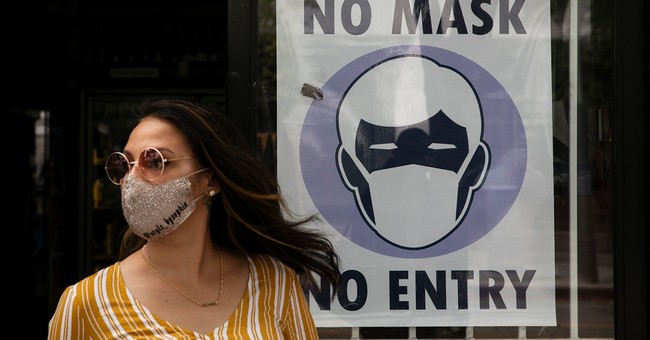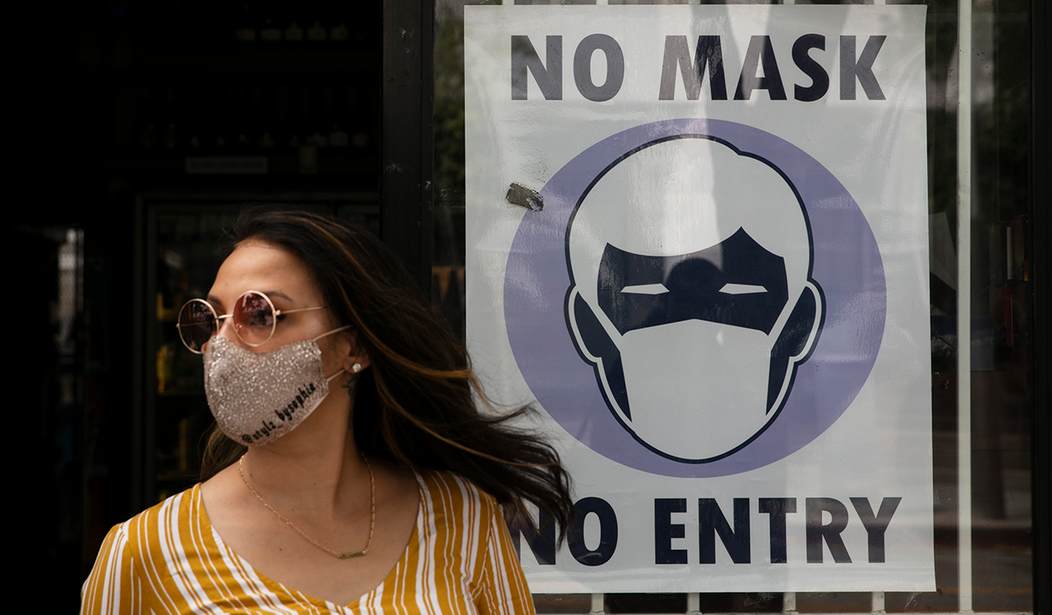
As debate rages over whether or not a coronavirus vaccine is being rushed, with some Democrats taking the lead on pledging not to try it should it become available before election day, there may be a treatment alternative that those proto-anti-vaxxers would feel comfortable trying.
At the molecular level — or, more accurately, the antibody component level — coronavirus may have met its match as Scientists at the University of Pittsburgh School of Medicine “have isolated ‘the smallest biological molecule’ that ‘completely and specifically neutralizes’ SARS-CoV-2, the virus that causes COVID-19,” Fox News reports.
According to the report, the drug has been “highly effective in preventing and treating” the SARS-CoV-2 infections in mice and hamsters during tests. The drug also reportedly does not bind to human cells, which suggests it will not have negative side effects in people.
“Ab8 not only has potential as therapy for COVID-19, but it also could be used to keep people from getting SARS-CoV-2 infections,” said co-author John Mellors, chief of the Division of Infectious Diseases at Pitt and UPMC. “Antibodies of larger size have worked against other infectious diseases and have been well tolerated, giving us hope that it could be an effective treatment for patients with COVID-19 and for protection of those who have never had the infection and are not immune.”
Researchers are reportedly analyzing ways the drug could be administered, with early thinking indicating it could be inhaled or given via shot instead of IV.
The implications of this new drug are huge if, as researchers are suggesting, it actually blocks coronavirus from entering a cell. It means that, while not a cure or a vaccine, there would be a treatment available that could cut down on the incidences of coronavirus cases. So it would ultimately function as a preventative measure for people who have not been yet been infected and can be used to treat those who are.
And if it works really well, those proto-anti-vaxxers may not ever need to try a vaccine.













Join the conversation as a VIP Member